April 2018
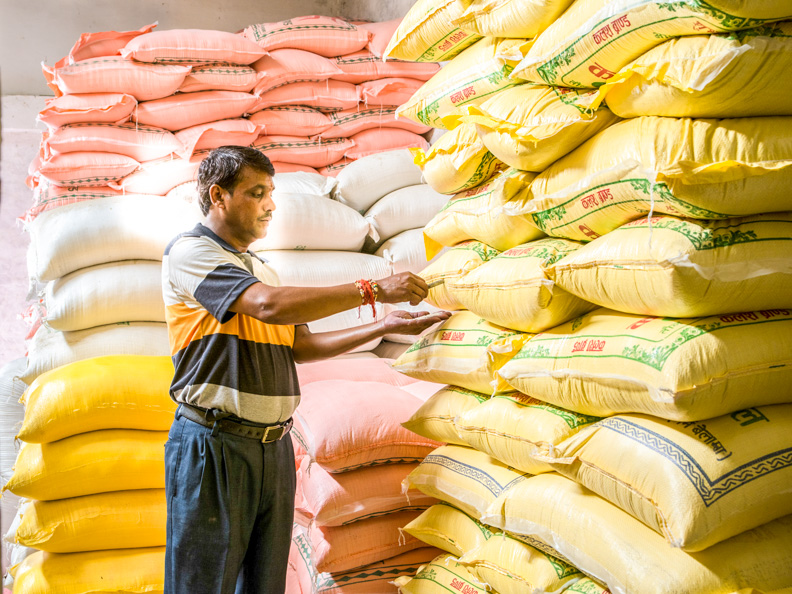
In Asia, a Project that Puts Market Systems First
April 24, 2018
In the flat fields of Nepal’s southern Terai plains, only miles from the Indian border, small farmers like Ramawati Maurya have for generations grown the same variety of rice. “I was growing only coarse rice before,” says Maurya, during a break from pulling weeds with a group of fellow women farmers. Coarse rice expands when […]
No Water, No Power
April 23, 2018
In 2017, drought in Kenya and neighboring countries became so severe earlier that the government of Kenya declared a national disaster. Already, the effects have been devastating: Food production dropped, leaving more than 2.6 million people without access to sufficient food. Some villagers have lost 40 percent of their livestock. Amidst the human tragedy of this drought, an unexpected actor […]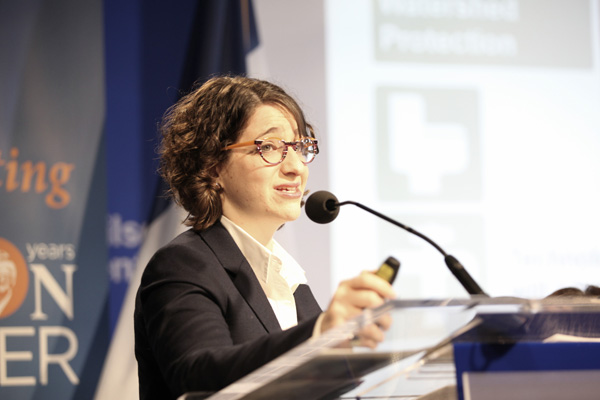
Solutions for Pollution
April 23, 2018
Addressing the crowd at Washington D.C.’s Wilson Center, Sasha Koo-Oshima immediately establishes the stakes of the matter at hand: the problem of water pollution. When water quality is degraded, she says, it’s “a potential destabilizing factor in global economy and security.” Along with three other panelists, Koo-Oshima, senior adviser of the Environmental Protection Agency’s International […]
Avoiding a Water Crisis: What’s Next for Cape Town – and Beyond?
April 17, 2018
Intense drought in South Africa’s Western Cape Province has led the world-renowned city of Cape Town to the brink of “Day Zero”— the date at which residents would be forced to collect strictly rationed water supplies from shared distribution taps. Water conservation efforts have so far prevented a massive water shutdown, but the city’s rapid population growth and reliance on […]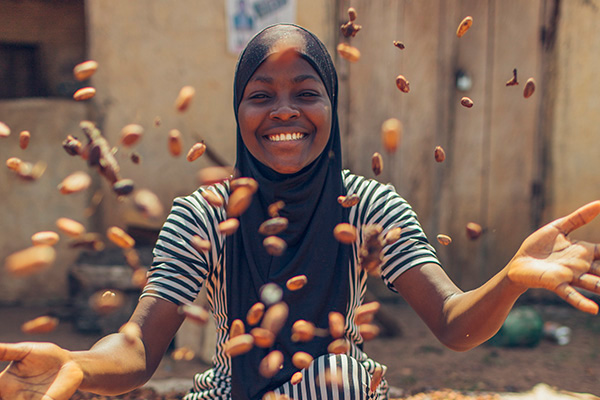
Power Switch
April 13, 2018
By Chris Warren Less than half of Nigeria’s 186 million people have access to electricity. But in the rural village of Gbamu Gbamu, newly installed utility poles and wires act as markers of a brighter future, powered by a new solar minigrid. The grid, an effort of local developers Rubitec Solar and Winrock’s USAID-funded Renewable […]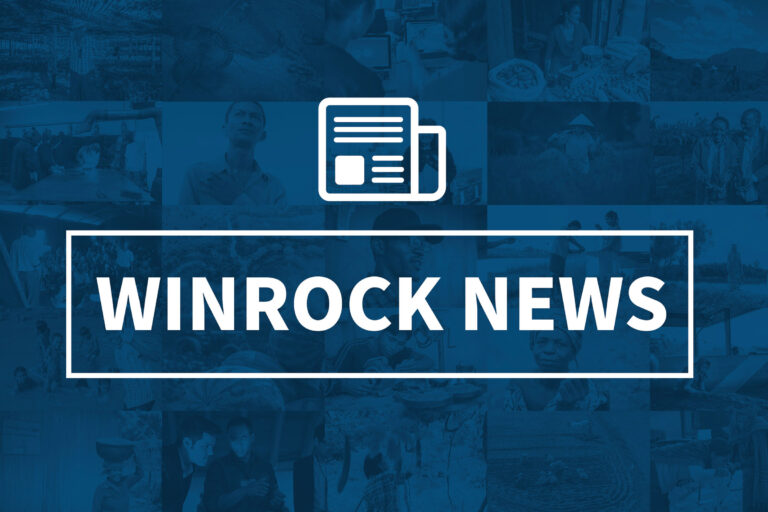
Winrock on the Road
April 12, 2018
It’s 95 degrees when Winrock CEO Rodney Ferguson and seven other members of Winrock’s board of directors arrive at the fresh vegetable production group and collection center in Deupura, Taulihawa, Nepal. The team has been on the move since early morning, but they quickly fan out to see plots of cucumbers, tomatoes, gourds, cowpeas, eggplant […]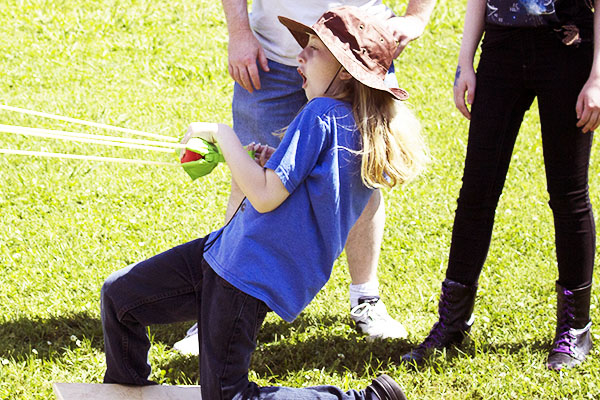
Fourth Annual Maker Faire Set For May 12
April 4, 2018
Glimpse the future and get inspired with the Arkansas Regional Innovation Hub at the fourth annual North Little Rock Mini Maker Faire at the North Shore Riverwalk on Saturday, May 12th from 10 a.m. to 4 p.m. Admission is FREE for all attendees. Maker Faire is a gathering of fascinating, curious people who enjoy learning and love sharing […]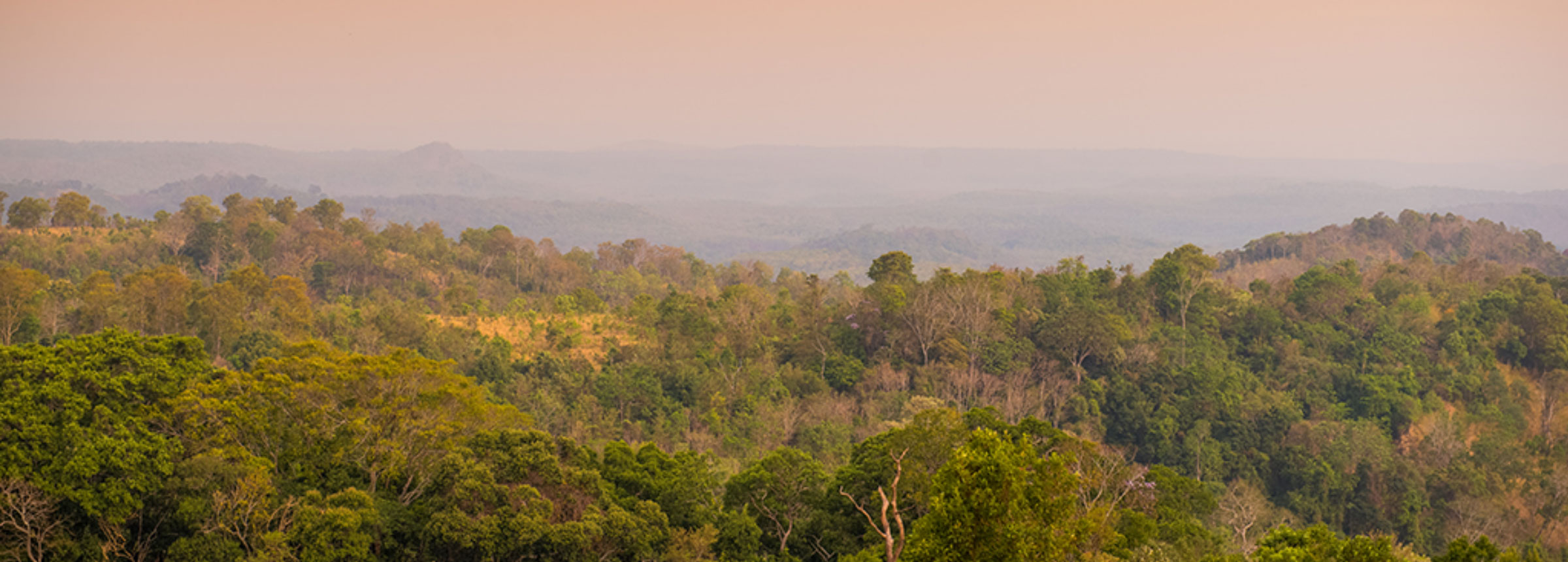
Winthrop Rockefeller Honored for Civil Rights Work
April 3, 2018
When the Rev. Martin Luther King was assassinated 50 years ago this month, Winthrop Rockefeller, then governor of Arkansas, was the only southern governor to hold a memorial for King in his state. This is just one of many reasons why Rockefeller is being inducted into the Arkansas Civil Rights Heritage Trail, which honors those […]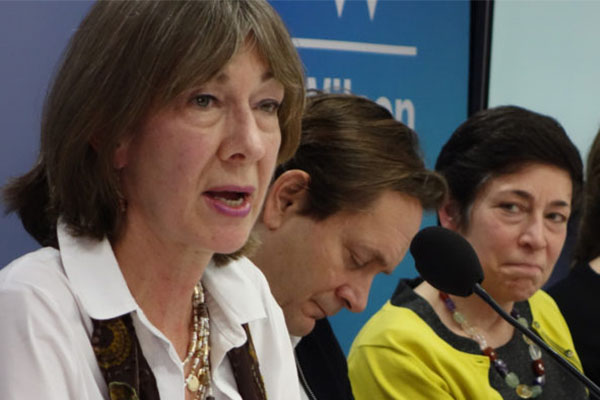
New Date: SWP to Continue Wilson Center Series with “Solutions for Dirty Water”
April 1, 2018
Water, water, everywhere, but not a drop to drink. Around the world, pollution and disease contaminate essential supplies of drinking water. In this third part of its “Sustainable Water, Resilient Communities” series, co-hosted with Winrock International and the Wilson Center, the USAID-funded Sustainable Water Partnership (SWP) will present “Solutions for Dirty Water.” Moderated by SWP Director Eric Viala, experts […]